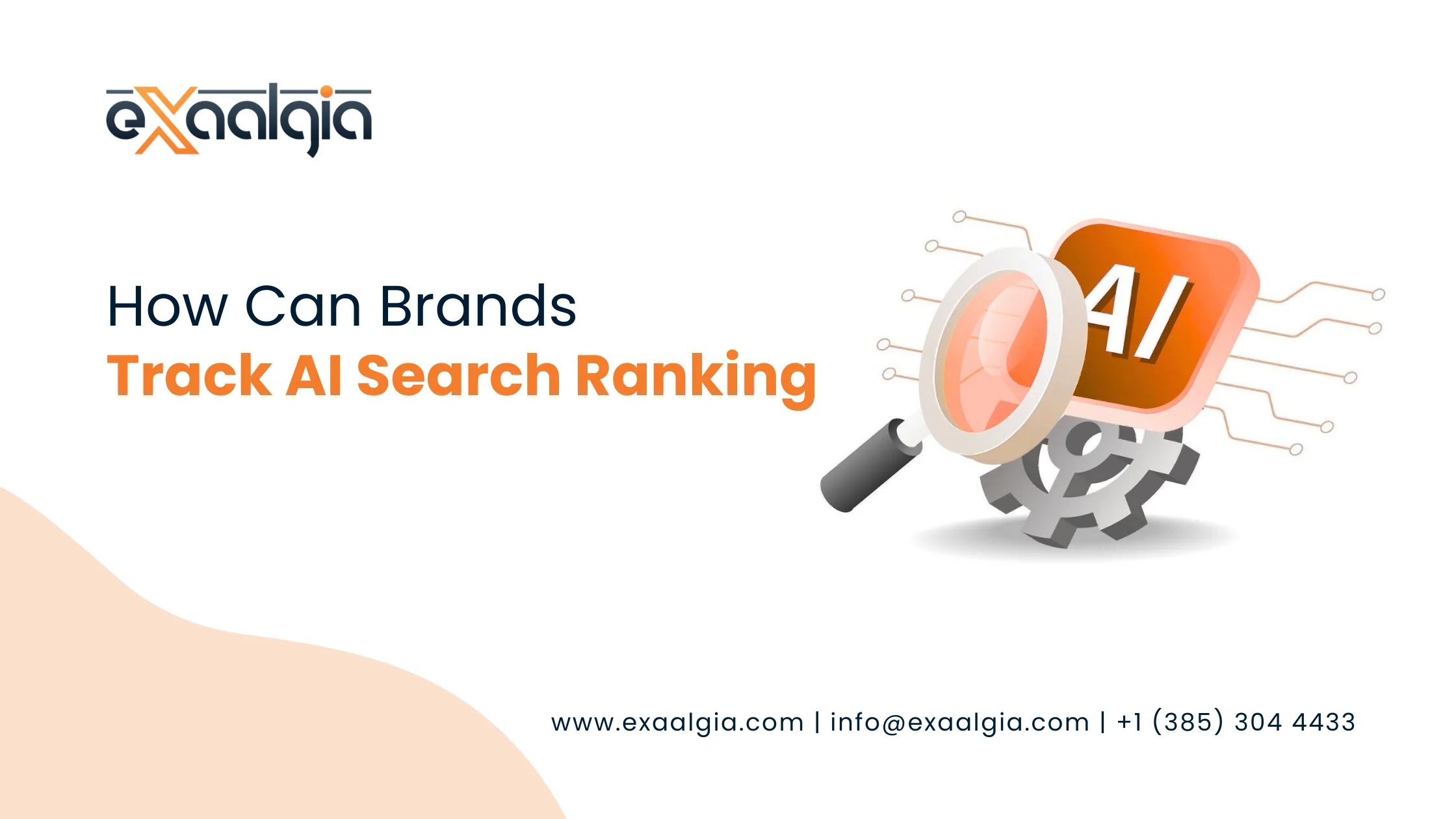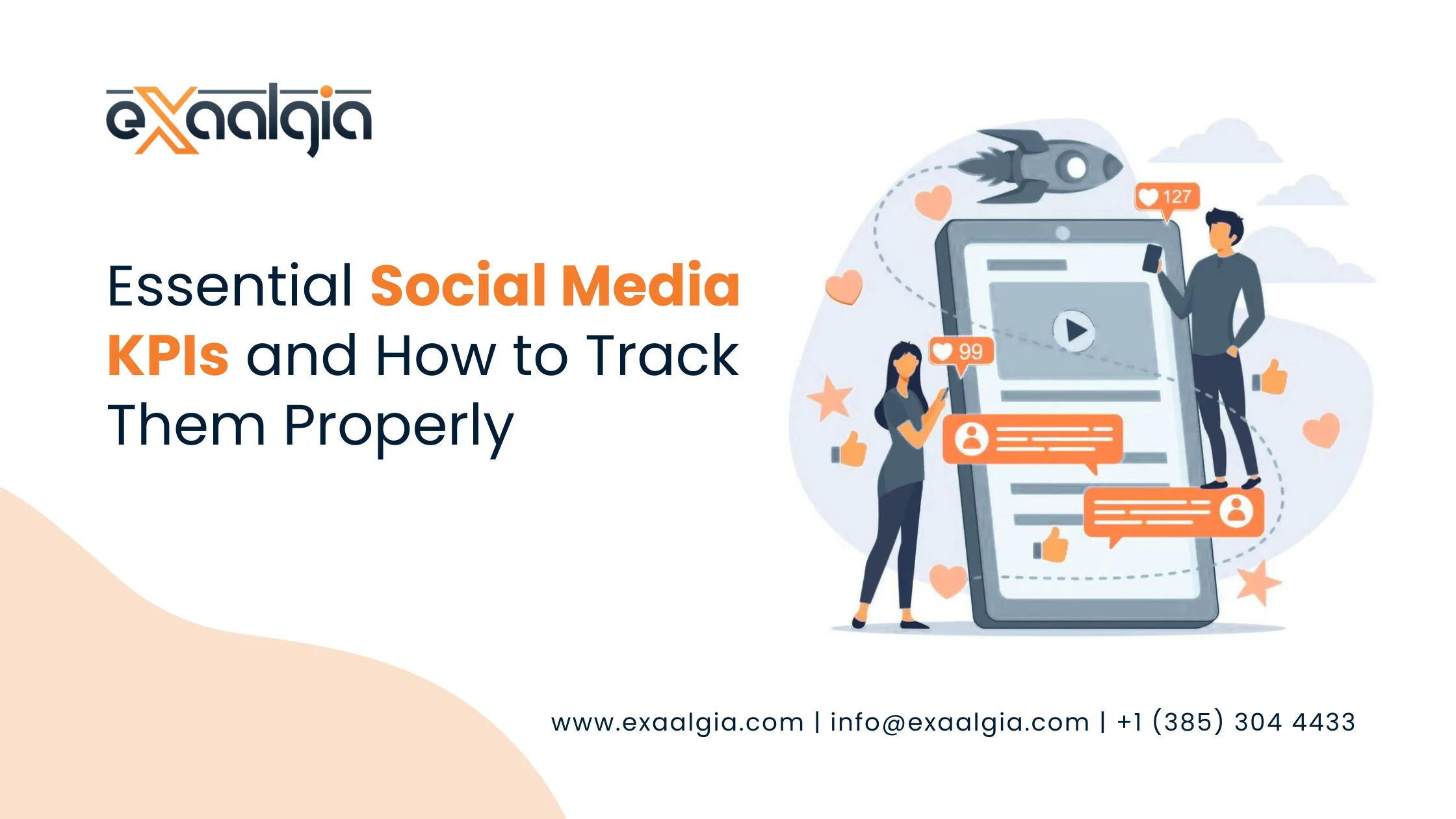Come, let us learn more about Semantic SEO and how it is helpful for a website to rank.
What is Semantic SEO?
A practice of optimizing content to improve search engine rankings by adding meaning to the words used in the content is called Semantic SEO. Traditional SEO practices focus on random keywords, while Semantic SEO focuses on providing more accurate and meaningful content.
Why is Semantic SEO important for search engine rankings?
Enhances User Experience – To improve user experience, Semantic SEO helps the most. It offers the most relevant and accurate information quickly to the readers by focusing on the main context of the search queries. This increased the return visits to the website too.
Search Engine Understanding – To understand the search queries effectively, search engines are using algorithms such as Hummingbird. The new approach Semantic SEO aligns with the algorithms that provide the best results to the users and increase higher chance of ranking.
Increased Visibility – If the website provides relevant content and in-depth topic explanation, it helps in creating a broader range of search results. Thus, it increases the visibility and traffic on your website.
Voice Search Optimization – With the rise of voice search, optimizing for semantic search is crucial. Voice queries tend to be more conversational, and Semantic SEO helps ensure your content matches these natural language queries.
How can I implement Semantic SEO on my website?
Keyword Research and Topic Clustering
Start with doing thorough keyword research and understanding various ways on how people search for a particular topic.
Create High-Quality Content
Create high-quality and detailed content that addresses the search query effectively. Cover every essential concept of the topic and answer related questions thoroughly to cover the topic fully.
Optimize for Related Entities
Identify and include relevant entities (people, places, things) related to your topic. This helps search engines understand the broader context of your content.
Internal Linking
Internal linking can help connect with broader audiences. This builds trust and credibility of the website and also helps search engines to understand the concept of the content thoroughly.
Conclusion
Semantic search engine optimization is an effective method for making your website search engine-friendly today. You may enhance user experience, raise your search engine ranks, and become more visible in a wider range of search results by concentrating on the meaning and context of search queries. Semantic SEO implementation calls for careful keyword research, the production of excellent content, structured data, and intelligent internal linking. Adopt this cutting-edge SEO tactic to maintain your lead in the cutthroat online market.
FAQs:
How does Semantic SEO differ from traditional SEO?
Traditional SEO aims to focus on optimizing the specific keywords while, Semantic SEO, focuses on optimizing and providing in-depth and meaningful content addressing the user search query.
What role does structured data play in Semantic SEO?
Structured data helps search engines understand the context of your content thoroughly. This also provides additional information about your content which helps users understand the topic effectively and enhances search engine results.
What is the difference between semantic SEO and SEO?
Traditional SEO practices are used to focus on specific keywords and how to fit them into the content to raise the rankings. However, semantic SEO goes one step further and more closely matches the user’s search intent. It aims to focus more on offering a detailed version of the content to help readers understand the topic carefully.
What is semantic optimization?
Semantic SEO is the process of giving content context to make it more relevant and understandable to search engines. To do this, use keywords and structured data to highlight the content’s broader context and significance.
Can Semantic SEO help with voice search optimization?
Yes, Semantic SEO is beneficial for voice search optimization. Voice searches are more conversational and context-driven. By optimizing for semantic search, you can ensure that your content matches these natural language queries more effectively.







